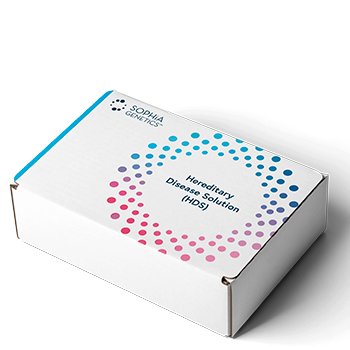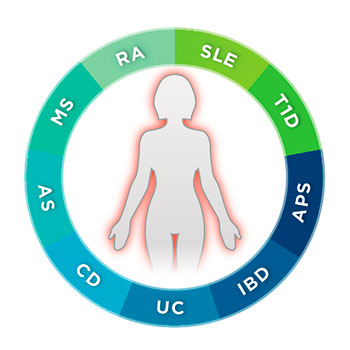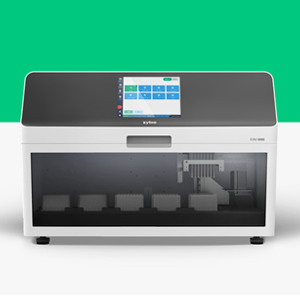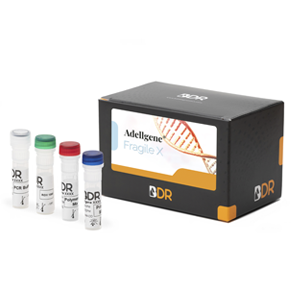Lipid inCode® allows NGS-based genetic analysis for the diagnosis of familial hypercholesterolemia, in line with the “gold standard” recommendations of international experts.
7 genes involved in the following are analysed:
- Familial hypercholesterolemia: LDLR, APOB, PCSK9, APOE and STAP1 genes
- Autosomal recessive hypercholesterolemia: LDLRAP1 gene
- Lysosomal acid lipase deficiency: LIPA gene
In addition, other important aspects are also evaluated to guide and adjust the treatment of this pathology in each patient.
- Polygenic hypercholesterolemia: LDLc score (12 genetic variants)
- Genetic coronary risk: Cardio inCode Score (12 genetic variants)
- Predisposition to high plasma levels of LP(a) (2 genetic variants)
- Pharmacogenetics of response to statin therapy (3 variants)
Features
- Offers global assessment regarding the causes of HyperColesterolemia
- Enables further risk stratification of patients’ cardiovascuolar risk
- High data quality and robustness
- High sensitivity (≥ 99,9%)
- High specificity (≥ 99,9%)

This kit includes:
- Enrichment solution for a minimum of 16 determinations.
- Bioinformatics analysis to obtain genetic variants combining SAMTOOLS and a proprietary software (GendiCall) to identify possible causal genetic variants (SNPs, indels and CNVs in the case of LDLR)
- Full genetic report
- Technical support both for the implementation of the technique as well as for questions related to routine sample processing
- Direct support with an advisor at the optional level for questions related to the interpretation of the results or clinical issues








